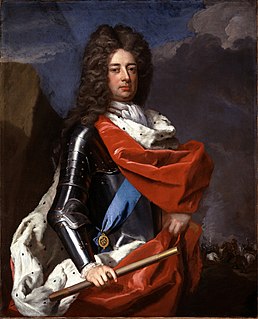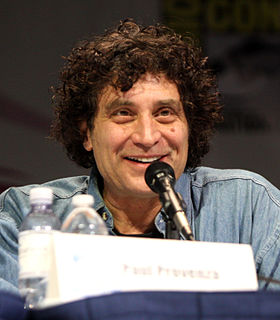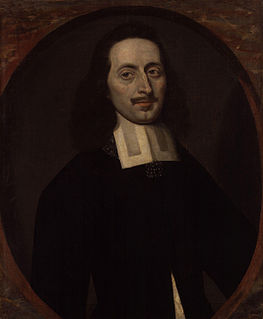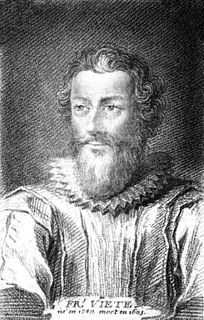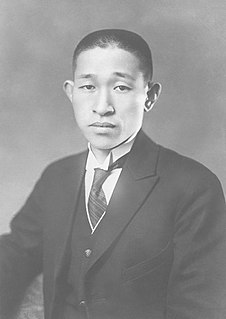A Quote by Rollo May
The ancient Greeks, as Plato reports, believed that we discover truth through "reminiscence," that is by "remembering," by intuitively searching into our own experience.
Quote Topics
Related Quotes
Plato used the dialogue format because the exchange of views, the posing and answering of questions, showed that understanding is a living, dynamic process. He distrusted writing because the settled character of the written word makes it look as if truth can be fixed and made to stand still. It is worth remembering that this greatest advocate of the objective reality of truth also believed that our access to that truth was sustained in reasoned discussion.
It is our inward journey that leads us through time – forward or back, seldom in a straight line, most often spiraling. Each of us is moving, changing, with respect to others. As we discover, we remember; remembering, we discover; and most intensely do we experience this when our separate journeys converge. Our living experience at those meeting points is one of the charged dramatic fields of fiction.
Eratosthenes was the director of the great library of Alexandria, the Centre of science and learning in the ancient world. Aristotle had argued that humanity was divided into Greeks and everybody else, whom he called barbarians and that the Greeks should keep themselves racially pure. He thought it was fitting for the Greeks to enslave other peoples. But Erathosthenes criticized Aristotle for his blind chauvinism, he believed there was good and bad in every nation.
Experience is, for me, the highest authority. The touchstone of validity is my own experience. No other person's ideas, and none of my own ideas, are as authoritative as my experience. It is to experience that I must return again and again, to discover a closer approximation to truth as it is in the process of becoming me.
Poetry is one of the ancient arts, and it began, as did all the fine arts, within the original wilderness of the earth. Also, it began through the process of seeing, and feeling, and hearing, and smelling, and touching, and then remembering--I mean remembering in words--what these perceptual experiences were like, while trying to describe the endless invisible fears and desires of our inner lives.
I do not believe we can truly enter into our own inner pain and wounds and open our hearts to others unless we have had an experience of God, unless we have been touched by God. We must be touched by the Father in order to experience, as the prodigal son did, that no matter how wounded we may be, we are loved. And not only are we loved, but we too are called to heal and to liberate. This healing power in us will not come from our capacities and our riches, but in and through our poverty. We are called to discover that God can bring peace, compassion and love through our wounds.
We know a great deal, but our ignorance is sobering and boundless. With each step forward, with each problem which we solve, we not only discover new and unsolved problems, but we also discover that where we believed that we were standing on firm and safe ground, all things are, in truth, insecure and in a state of flux.
Experts in ancient Greek culture say that people back then didn't see their thoughts as belonging to them. When ancient Greeks had a thought, it occurred to them as a god or goddess giving an order. Apollo was telling them to be brave. Athena was telling them to fall in love. Now people hear a commercial for sour cream potato chips and rush out to buy, but now they call this free will. At least the ancient Greeks were being honest.
Through Plato, Aristotle came to believe in God; but Plato never attempted to prove His reality. Aristotle had to do so. Plato contemplated Him; Aristotle produced arguments to demonstrate Him. Plato never defined Him; but Aristotle thought God through logically, and concluded with entire satisfaction to himself that He was the Unmoved Mover.

